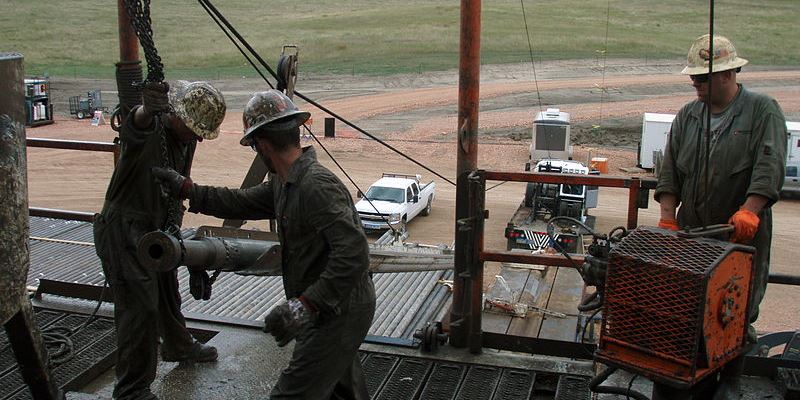Since the government purchased the project for $4.5 billion, the cost of the Trans Mountain expansion has ballooned to $34 billion.
pipeline
Oil moved by rail is 4.5 times more likely to experience some kind of accident in transit than oil moved by pipeline.
Teck spent 10 years securing the necessary approvals from provincial and federal regulators.
The Trans Mountain pipeline expansion is a gift both to British Columbia and Alberta.
The Energy East pipeline project should be the biggest “no-brainer” pipeline of all those proposed across Canada.
Ninety-nine per cent of pipeline occurrences from 2003 to 2013 didn’t damage the environment.
Oil and gas pipelines are a critical piece of Canada’s energy infrastructure. In 2013, this mode of transportation moved more than 2.4 billion barrels of oil and gas. But accidents do happen as seen with the recent oil spill in Alberta where a Nexen oilsands pipeline recently ruptured.
Last week, Canada’s premiers concluded their most recent meetings with the release of Canada’s Energy Strategy, a document that “charts a path for shaping the sustainable development of Canada’s energy future.”
Four recent oil-train derailments—two in the United States and two in Canada accompanied by yet another drive-by rhetorical smear of the Keystone XL pipeline by U.S. President Barack Obama—have re-invigorated the debate over how Canadians and Americans transport oil.
Elizabeth May has chosen to respond to my critique of her Green Party website post - 4 facts about Keystone XL - here on the Huffington Post Blog.



